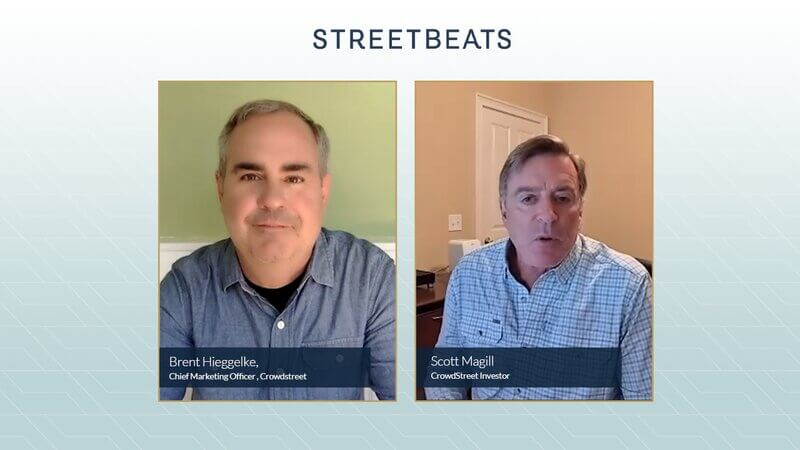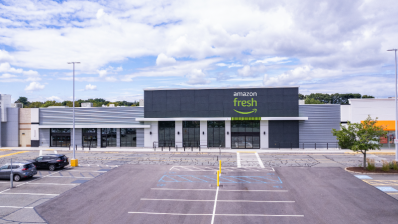
In this episode of StreetBeats, Crowd Street's Brent Hieggelke is joined by Scott Magill, an investor with Crowd Street. Find out why Scott started investing in real estate, how he uses our Marketplace to source deals, the different geographies and asset classes he invested in, and what he wishes he knew before becoming a real estate investor.
Subscribe to StreetBeats to stay up-to-date with the latest in real estate news.
